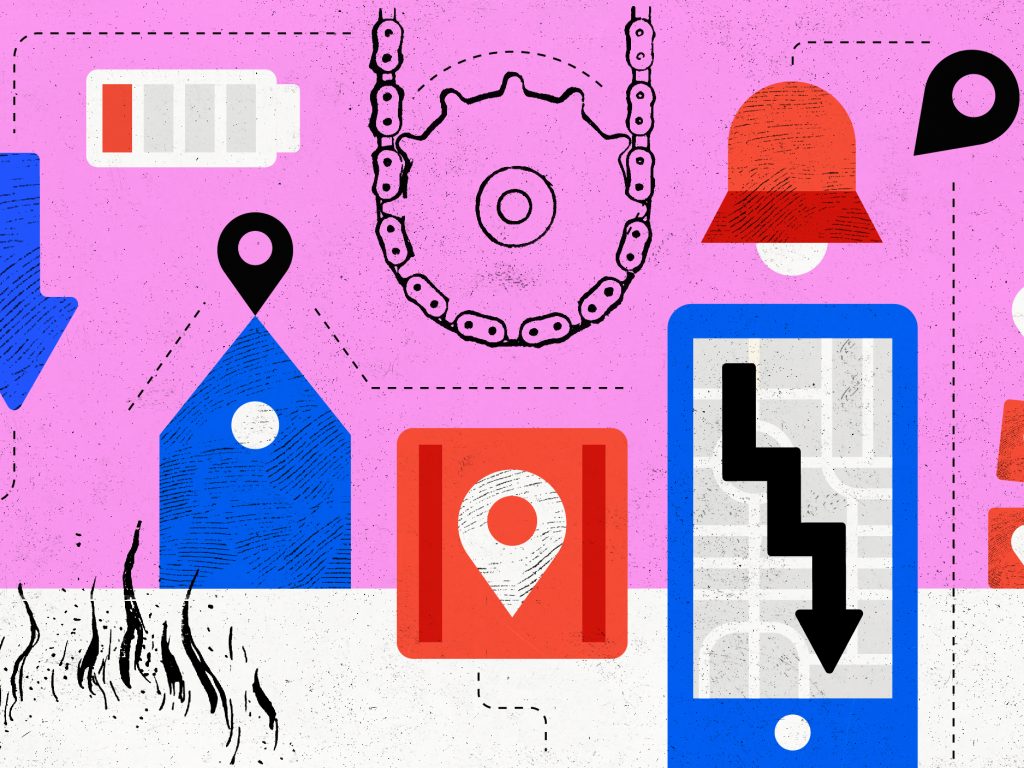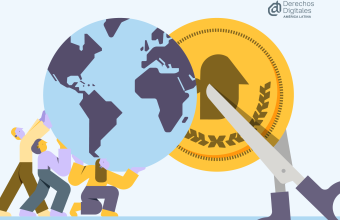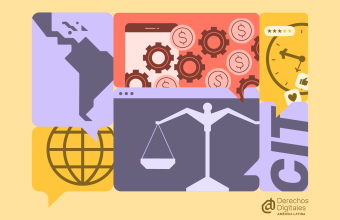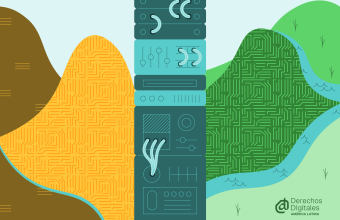*Este texto está disponible en español aquí.
We have paid little attention to the use and propagation of euphemisms that dislocate the language, and compel us to give a different name to the work performed with the intermediation of platforms. They are not called workers, but ‘users’.
Let us consider the role of people working on food delivery, a job many rely on as their main or only source of income. It is a job that we know is provided without guarantees of stability, minimum wages or forms of protection and social welfare, such as health or pension. A work exposed to the sun and water, and under poor road safety conditions.
It is an activity where workers are qualified as ‘users’ of technological applications offered by digital platforms that allow them – in most cases for a fee – to connect restaurants with users/consumers.
A job in which delivery workers receive ‘tips’ rather than salaries, and orders are not dictated by a boss but instead by an algorithm exempt from responsibility or accountability which, however, indicates the how and where of the activity to be performed.
It is a form of work that canonical labor law doctrines are afraid to denominate as such since it does not fit into the traditional formula of labor relations, defined work as any relationship of subordination in which the employer dictates the conditions of work to another, an employee, and monitors its compliance.
But, why is the activity of food delivery not called work? Because, according to delivery platforms, they are free to carry out their activity independently.
They are not workers, but ‘independent deliverers’
However, what kind of freedom have those who find their only or main means of economic survival in delivering food to others? What kind of independence can be exercised by the person who submits to the dictates of an algorithm that arbitrarily determines the acceptable number of daily deliveries in order to assign the best orders? What is the minimum delivery time for the deliverer to not be exposed to any sanction, such as not being assigned any order from the platform?
It is not considered work, although, like in any other job, digital food delivery platforms can sanction those who violate the “terms and conditions” of their service by blocking their account. A suspension that not only puts the delivery person’s livelihood at risk but also that is usually carried out without any right of reply or explanation.
In the end, a work that digital platforms and sometimes the regulators of our countries themselves refrain from qualifying as such, even though, in a context of crisis, such as the pandemic, few have hesitated to qualify and treat it as ‘essential work’.
Euphemisms in the High Courts: The Case of Colombia
The power of euphemisms to disguise reality as something that it is not, also lies in convincing others that their role is not to examine or dismantle them, but to point eyes somewhere else.
For example, in Colombia, the Constitutional Court ruled in February of this year on a case involving a driver affiliated to Rappi, the largest Colombian delivery company that also provides services in several Latin American countries.
The case is rather simple, but its nuances, due to the euphemisms involved, were ignored by the Court. In the injunction action, the driver filed a legal claim for the violation of the right to due process, since his account had been blocked without justification from the company, which, for its part, referred to the non-compliance with the terms and conditions of service – a behavior so common for Rappi that the company had to create, by demand of the delivery workers’ union, a Delivery Driver’s Public Defender’s Office.
The Court resolved the judicial claim by stating that due process, which includes the right to receive explanations when sanctions are applied between private parties, also applies to the consumer relationship between the delivery drivers and Rappi. As a result, the Court ordered the company to explain the reasons for its actions to the affected person in a well-founded and sufficient manner.
However, the Court avoided any consideration that would clarify the nature of the legal relationship between independent delivery drivers and the digital platform, so necessary so that, for example, they can claim decent conditions for the provision of their ‘essential’ activity. This omission did not inhibit the Court from stating that the blocking of the account had compromised the driver’s right to the minimum vital. Then: what kind of ‘consumption’ relationship is this that, once interrupted by the most powerful party in the contractual relationship, is capable of endangering the economic subsistence of the other party?
The euphemisms that contaminate the language with which we refer to the relationship between delivery workers -and other types of workers- and digital platforms need to be closely examined, so that they do not become the instrument through which we validate, in practice, the precarization of new forms of work that are not conventional from the point of view of old dogmas.
We will have to deal with these analyses as well, in the discussions we might have about the future of labor and workers in our region. The same way as the ones occurred in Europe where, after two years of negotiations, regulations applicable to food delivery drivers and rental car drivers -such as Uber- were adopted and a recent Directive has finally qualified them as actual workers and not mere ‘freelancers’, presuming an employment relationship between them and the digital platforms.

 Fondos de Derechos Digitales
Fondos de Derechos Digitales 113a Conferencia Internacional del Trabajo
113a Conferencia Internacional del Trabajo Infraestructuras tecnológicas y medioambiente
Infraestructuras tecnológicas y medioambiente